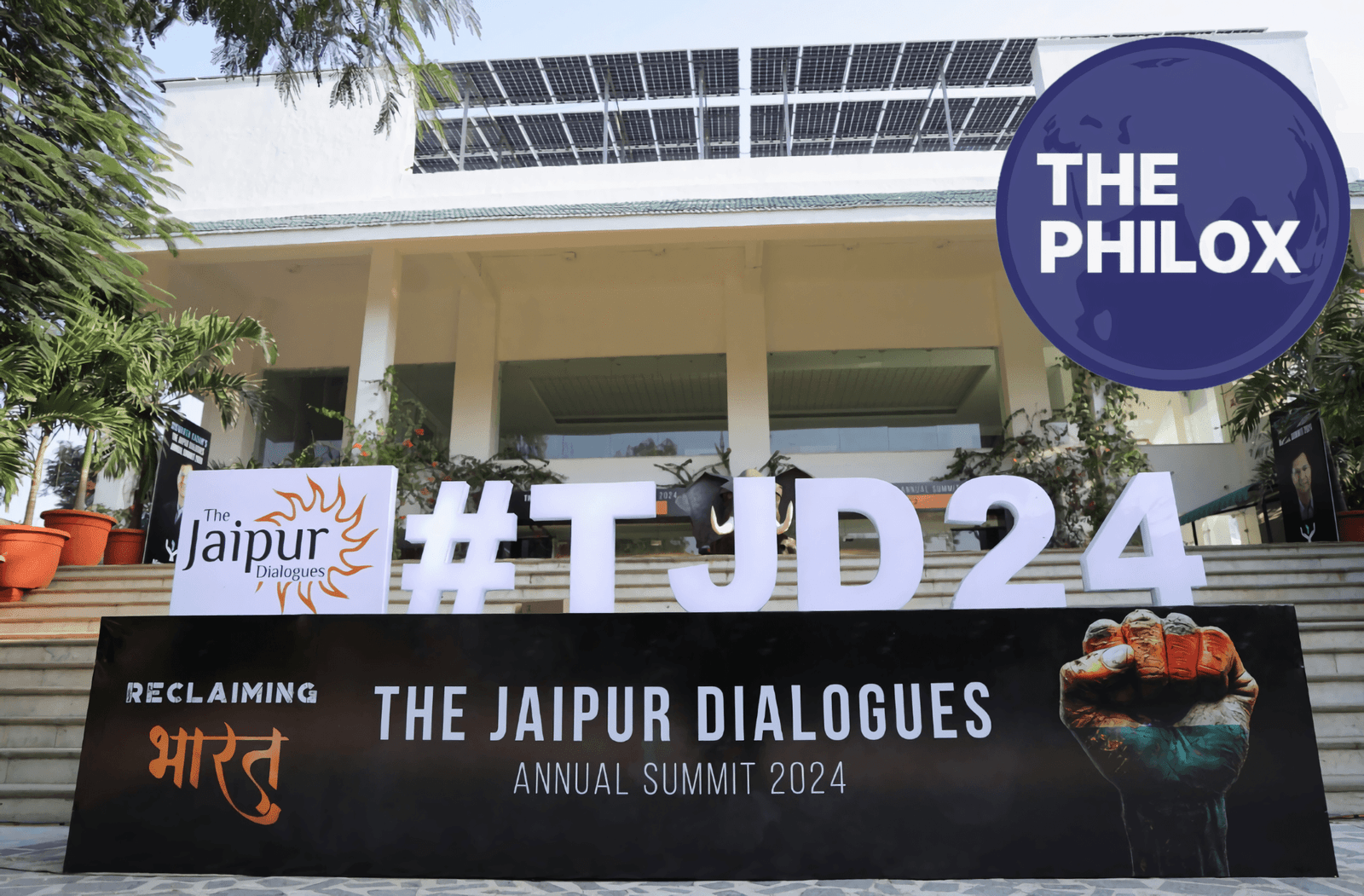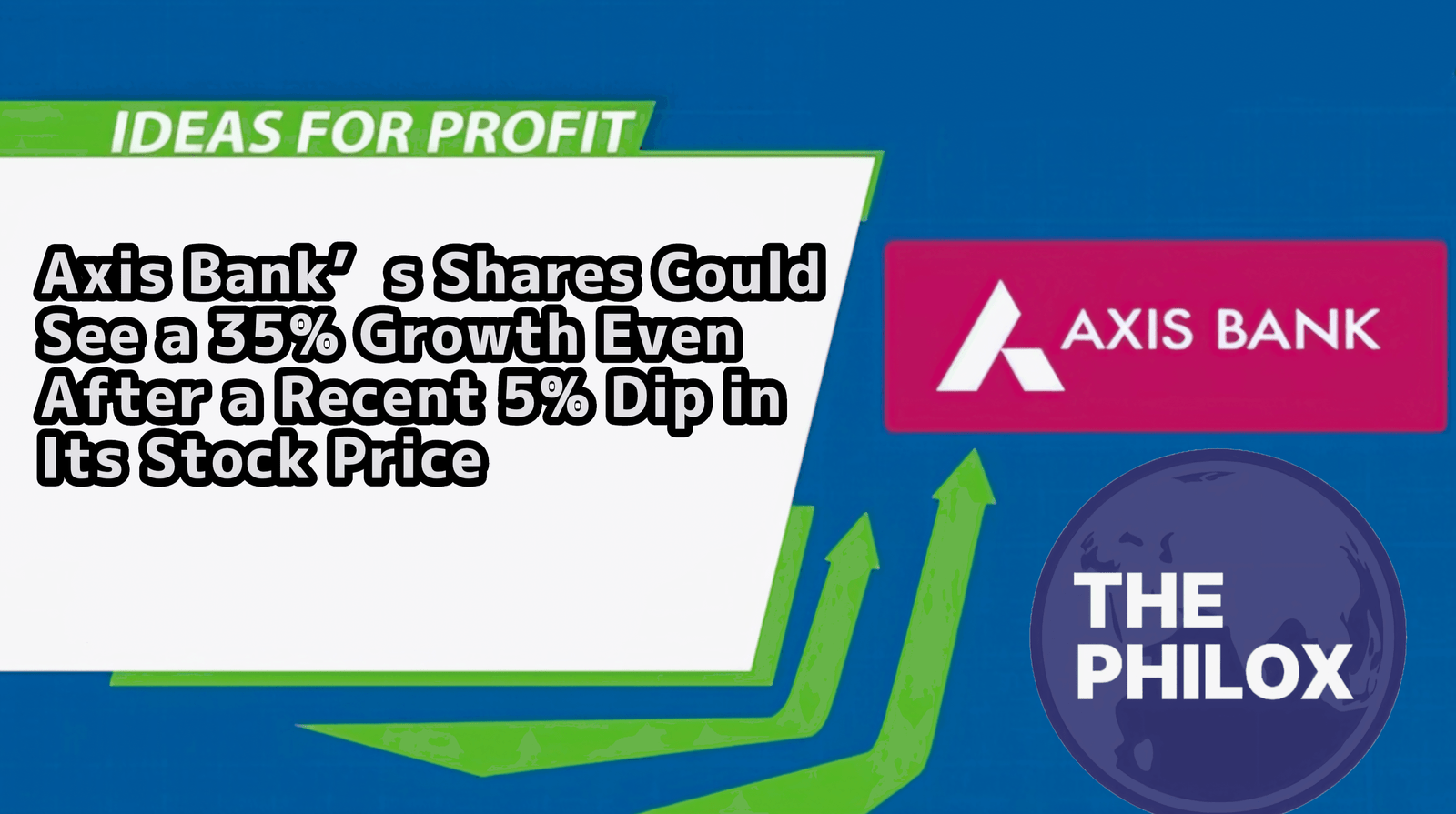According to a report, Gautam Adani, the chairman of India’s most influential conglomerate, the Adani Group, has apparently requested a huge ₹35,000 crore loan from State Bank of India (SBI).
The reason behind this borrowing is to refinance existing debt of the group; it is the continued pursuit of the group to make its financial commitments efficiently.
This comes at a time of increasing pressure on the group regarding its financial dealings, controversies, and legal battles in court and how it compares to other industrial behemoths like Reliance Industries.
The Background: Financial Plan of Adani Group
The Adani Group is one of the largest conglomerate businesses covering infrastructure, renewable energy, airports, and ports, among others. This large portfolio has garnered for it a significant debt load over the years.
The debt tally for the Adani Group, as of September 30, 2024, stood at about ₹2.58 lakh crore, of which ₹2.37 lakh crore pertains to long-term debt and ₹20,724 crore of working capital loans.
In spite of such high levels of debt, the cash balance of ₹53,024 crore stands at a level that forms around 20.5% of gross debt.
The debt comes from various sources.
1. Domestic Banks: 42% of the total debt, with ₹94,473 crore in term debt and ₹13,512 crore in working capital loans.
2. Global Banks and Financial Institutions: 27% of the total debt, comprising ₹66,921 crore in term debt and ₹2,310 crore in working capital loans.
3. Indian Capital Markets: 5% of the total debt, amounting to ₹14,007 crore.
4. Global Capital Markets: 23% of the total debt, totaling ₹60,219 crore.
This diversified borrowing strategy reflects the group’s global reach and its reliance on both domestic and international financial markets to fuel its growth ambitions.
SBI’s Role and Exposure
The State Bank of India, as the country’s largest lender, has a substantial exposure to the Adani Group.
As of December 2022, SBI’s outstanding exposure to the conglomerate was approximately ₹27,000 crore, representing about 0.8% of the bank’s total loan book. Despite recent controversies surrounding the Adani Group, SBI’s Chairman, Dinesh Kumar Khara, expressed confidence in the group’s financial stability and emphasized that any additional financing would be evaluated based on merit.
Comparisons with Reliance Industries
Gautam Adani’s loan request from SBI draws parallels to a similar move by Mukesh Ambani’s Reliance Industries.
In May 2024, Reliance was reported to be in advanced discussions with SBI to down-sell half of its approximately ₹11,000 crore loan exposure to the Ganga Expressway project.
This reflects a growing trend among India’s leading conglomerates to rely on domestic banks for substantial funding to support their ambitious projects.
This strategy by both of these industrial goliaths is often compared with one another. Reliance Industries, being one of the diversification models in generating its revenues by ventures of telecommunications and retail.
Adani Group, however, gave priority to the generation of funds from infrastructure and renewable energy, which requires much capital but, in that regard, relies on institutions such as SBI for large funding.
Legal issues and effects
In November 2024, a major shock hit the Adani Group when U.S. prosecutors charged Gautam Adani and others with bribery and fraud, alleging that the group had paid about $265 million to Indian government officials to obtain solar energy deals.
Although the Adani Group dismissed the claims as “baseless,” the charges have triggered calls for increased public scrutiny of group’s financial dealings.
These legal challenges have also led some domestic and international banks to re-evaluate their exposure to the conglomerate. According to reports, several institutions are planning to tighten due diligence processes for new loans to the Adani Group.
However, the overall exposure of Indian banks to the group is still manageable. As of March 2024, the loans given to the Adani Group constituted around 0.3% of the total outstanding loans in the Indian banking system.
The Adani Group’s Resilience and Response
Despite such adversities, the Adani Group has constantly focused on its financial resilience. During the fiscal year 2024, in the first half of the fiscal year, it had EBITDA that was about ₹44,200 crore.
This result was driven by its infra ventures, such as renewable energy projects, airports, and road development.
The company claims that its cash balance should suffice for paying off loans over the next calendar year at least.
It argues that that is particularly possible given its strong operations cash flow and access to financing in the domestic market and abroad. Indeed, SBI has agreed to provide ₹35,000 crore.
The loan request is part of a larger plan to pay off some existing loans and optimize its financial structure.
Broader Implications for Indian Economy
The financial machinations of the Adani Group have far-reaching implications for the Indian economy. The group is one of the country’s largest conglomerates, and its ability to raise capital and maintain operations is integrally linked to the performance of the key sectors of infrastructure and renewable energy.
Furthermore, the group’s dependence on Indian banks such as SBI underlines the critical role played by Indian financial institutions in supporting large-scale industrial projects.
In contrast, legal wrangling and allegations of financial impropriety highlight the need for better transparency and accountability in corporate governance. The Adani Group affair has served as a reminder that the regulatory framework must be strong enough to safeguard India’s financial system.
This loan demand of ₹35,000 crore from SBI by Gautam Adani is a strategic move for the group to refinance the debt currently it carries and maintain the pace of aggressive growth.
Although Adani Group faces stiff competition with various allegations against it, its diversified debt profile along with substantial cash in hand suggest a well-planned strategy.
The outcome of this loan request will not only have an impact on the financial health of the Adani Group but also affect the broader dynamics of India’s banking and corporate sectors.
The ability of the group to maintain stakeholder confidence and deliver on its commitments will be crucial in its long-term success as it navigates these challenges.





One thought on “Gautam Adani Seeks 35,000 Crore Loan From SBI to clear existing debt”